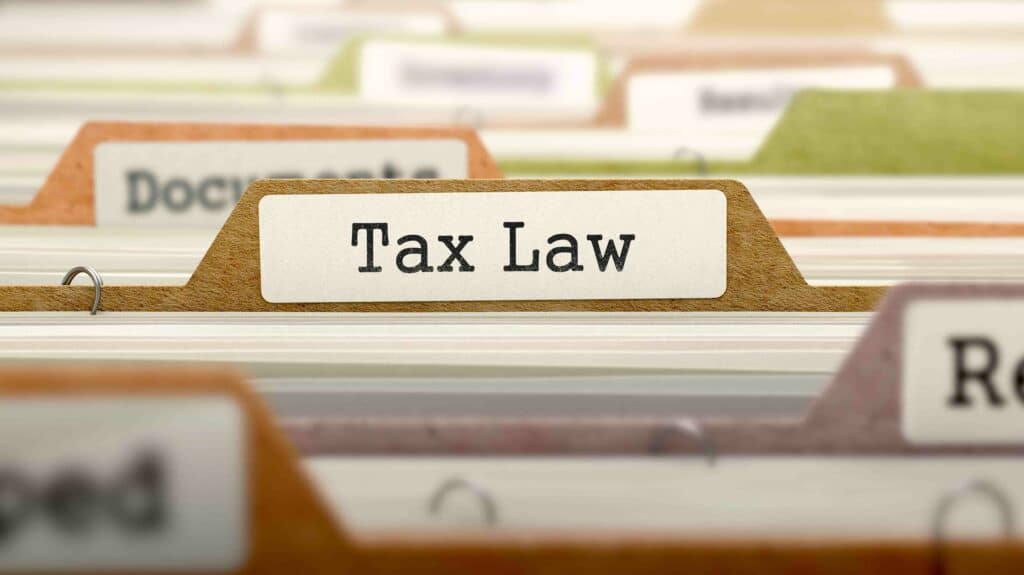Even traditional monopolists, like postal operators, have to comply with the rules on compensation for the extra costs of public service obligations. SGEI providers can be compensated in a way that induces them to become more efficient. Introduction This article examines case Commission decision SA.38788 concerning compensation for the UK Post Office Ltd [POL] in the period 2015-18.[1] It is […]
State Aid Law
Blog
State Aid Uncovered Blog
In Lexxion’s State Aid Uncovered blog, Prof. Phedon Nicolaides publishes weekly critical analyses of recent State aid judgments and decisions. Each post presents the key points of a court judgment or EU Commission decision, places it in the context of similar case law or practice, assesses the underlying reasoning and highlights any inconsistencies or contradictions.
Guest contributions from other State aid experts will also be published on the blog at irregular intervals to complement the content of the blog posts.
8. September 2015 |
State Aid Uncovered
by Phedon Nicolaides
2. September 2015 |
State Aid Uncovered
by Phedon Nicolaides
Public pronouncements can confer an advantage if they are sufficiently precise and clearly commit a public authority to support an undertaking. Introduction[1] Politicians often claim that they would never allow important national companies to go bust. Occasionally, such claims appear to sway market sentiment in favour of those companies. Private investors are heartened by the avowed support of the […]
1. September 2015 |
Guest State Aid Blog
by Lexxion Publisher
Any comments on #Stateaid? Get in touch: Stateaidhub[at]lexxion.eu Thursday 03/09/2015 Judgment in Case C-89/14 – A2A (Court of Justice – Fifth Chamber)Tuesday 08/09/2015 Hearing in Case T-103/14 – Frucona Košice v Commission (General Court – Second Chamber)Thursday 17/09/2015 Judgment in Case C-33/14 P – Mory and Others v Commission (Court of Justice – Third Chamber) Friday 18/09/2015 Judgment […]
25. August 2015 |
State Aid Uncovered
by Phedon Nicolaides
The market price of land or buildings can be determined via auction, expert valuation or other appropriate methods. Introduction On 16 July 2015, the Court of Justice delivered its judgment in case C‑39/14, BVVG Bodenverwertungs- und -verwaltungs GmbH [BVVG] v Landkreis Jerichower Land in Germany.[1] The judgment was in response to a request for a preliminary ruling concerning a dispute […]
18. August 2015 |
State Aid Uncovered
by Phedon Nicolaides
Member States differ significantly in their propensity to grant fiscal aid. Introduction Interest in fiscal aid has been rekindled recently by two unrelated events. First, the Commission opened a number of investigations on the alleged special tax treatment accorded to multinational companies such as Apple and Starbucks. These investigations are believed to be almost completed and the Commission is […]
11. August 2015 |
State Aid Uncovered
by Phedon Nicolaides
Ex post evaluation is not just a “pillar” of State Aid Modernisation. It is also an indispensable tool for understanding the impact and effectiveness of State aid. State aid modernisation and decentralisation One of the pillars of the Commission’s State Aid Modernisation initiative is the decentralisation of responsibility for the implementation of State aid measures. The decentralisation works by […]
4. August 2015 |
State Aid Uncovered
by Phedon Nicolaides
Individual awards of de minimis aid must remain below the relevant threshold as well as the sum of all individual awards in any three-year period. Aid measures which are funded by beneficiaries themselves are unlikely to constitute State aid. Introduction This article reviews two cases that, among other things, deal with the use and abuse of de minimis aid […]
28. July 2015 |
State Aid Uncovered
by Phedon Nicolaides
A public authority can act as a private investor in paying to avoid costly contractual clauses. A public authority can act as a private investor in paying to bring forward future revenue. Introduction When a market operator invests to make profit, its underlying logic is the same as when it pays to avoid losses. In both cases it is […]
21. July 2015 |
State Aid Uncovered
by Phedon Nicolaides
The Market Economy Investor Principle also applies to transactions between related companies. A private investor enjoys a margin of discretion in deciding in favour or against an investment. However, despite that margin of discretion, a prudent private investor always carries out an assessment of the potential profitability of the investment before it commits any money. Introduction When a public […]
14. July 2015 |
State Aid Uncovered
by Phedon Nicolaides
De minimis aid underpins “off-the-shelf” financial instruments which leverage private investment and at the same time ensure that all aid is passed on to the final beneficiary. Introduction One of the most convenient aid instruments is de minimis aid. It can be used for any purpose [apart from promotion of exports or on condition that domestic products are favoured] […]
13. May 2014 |
State Aid Uncovered
by Phedon Nicolaides
Providers of SGEI must maintain separate accounts. Parameters of compensation must be determined in advance. Ex-post formulation is not in conformity with State aid rules. Ex-post calculation of compensation that covers all costs and eliminates commercial risk is not compatible with State aid rules. Introduction The calculation of the compensation to be offered to providers of services of general economic interest […]
2. May 2014 |
State Aid Uncovered
by Phedon Nicolaides
The new guidelines are wider in scope: They also cover energy infrastructure, energy capacity and reductions from electricity levies. The new guidelines have higher thresholds for individual notifications. They allow higher aid intensity when aid is granted through competitive bidding. They require more rigorous application of the principles of necessity and proportionality of aid. Introduction In 2012, the latest year for which […]
25. April 2014 |
State Aid Uncovered
by Phedon Nicolaides
Recipients of State aid obtain an advantage even if they do not succeed to improve their position on the market. Recipients of State aid obtain an advantage whenever their competitors in intra-EU trade do not receive the same aid from the same source. Even small amounts of aid can disturb intra-EU trade where there is strong cross-border competition. The European Commission is not […]
22. April 2014 |
State Aid Uncovered
by Phedon Nicolaides
Unlimited state guarantees are never compatible with the internal market. The existence of an unlimited guarantee and its benefits can be inferred from the relevant legal context in which the state assumes certain obligations towards creditors. The Commission may impose both structural and behavioural remedies on recipients of restructuring aid These remedies may cover sectors other than the main sector in which […]
14. April 2014 |
State Aid Uncovered
by Phedon Nicolaides
A public authority acting as private creditor must exhaust all legally available means of recovering money owed to it. A private creditor may agree to an amicable arrangement – depending on the complexity and duration of legal proceedings, the value of the collateral it holds and the chances of long-term viability of the debtor – if it results in repayment of […]
4. April 2014 |
State Aid Uncovered
by Phedon Nicolaides
Public service obligations may only be imposed where the market does not provide adequate services in terms of price and/or quality. The selection of service providers must respect the principles of openness, transparency and non-discrimination, even when public procurement procedures may not apply. Compensation must be based on contracts which contain a precise definition of the public service and parameters on how […]
28. March 2014 |
State Aid Uncovered
by Phedon Nicolaides
The existence of an advantage cannot be excluded when the operator of an infrastructural facility is chosen through a competitive procedure which combines price with other selection criteria. The users of a subsidised infrastructural facility who pay a market fee may still derive an advantage when the facility is designed and/or reserved for certain usage. Introduction Ever since the Leipzig-Halle […]
21. March 2014 |
State Aid Uncovered
by Phedon Nicolaides
Aid that is granted after the start of a project lacks incentive effect and is, therefore, incompatible with the internal market. However, aid may be justified when a project runs into financial trouble and, as a result, is likely to be abandoned without the aid. Introduction In two decisions in December 2013, the European Commission authorised State aid for two […]
14. March 2014 |
State Aid Uncovered
by Phedon Nicolaides
Two or more enterprises may constitute a single undertaking when their owners and/or managers are related in a way that they can act jointly to exercise influence over the decision of those enterprises. Introduction On 27 February 2014, the Court of Justice rendered a judgment on the notion of “linked enterprises” following a request for preliminary ruling from a […]
6. March 2014 |
State Aid Uncovered
by Phedon Nicolaides
Introduction Last week I reviewed the main provisions of the new Guidelines on State Aid to Airports and Airlines. This week I focus on three issues which are either not well explained or too ambiguous, leaving too much room for creative interpretation. [1] Investment funding gap The new Guidelines, like the other new rules, stress that aid must have an incentive […]























